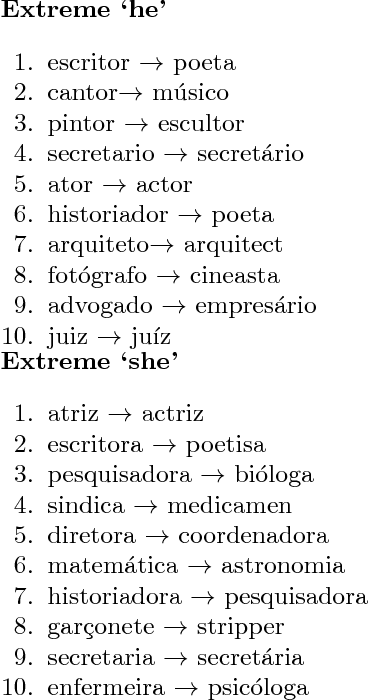Brenda Salenave Santana
Detecting Group Beliefs Related to 2018's Brazilian Elections in Tweets A Combined Study on Modeling Topics and Sentiment Analysis
May 31, 2020



Abstract:2018's Brazilian presidential elections highlighted the influence of alternative media and social networks, such as Twitter. In this work, we perform an analysis covering politically motivated discourses related to the second round in Brazilian elections. In order to verify whether similar discourses reinforce group engagement to personal beliefs, we collected a set of tweets related to political hashtags at that moment. To this end, we have used a combination of topic modeling approach with opinion mining techniques to analyze the motivated political discourses. Using SentiLex-PT, a Portuguese sentiment lexicon, we extracted from the dataset the top 5 most frequent group of words related to opinions. Applying a bag-of-words model, the cosine similarity calculation was performed between each opinion and the observed groups. This study allowed us to observe an exacerbated use of passionate discourses in the digital political scenario as a form of appreciation and engagement to the groups which convey similar beliefs.
Is there Gender bias and stereotype in Portuguese Word Embeddings?
Oct 10, 2018

Abstract:In this work, we propose an analysis of the presence of gender bias associated with professions in Portuguese word embeddings. The objective of this work is to study gender implications related to stereotyped professions for women and men in the context of the Portuguese language.
 Add to Chrome
Add to Chrome Add to Firefox
Add to Firefox Add to Edge
Add to Edge